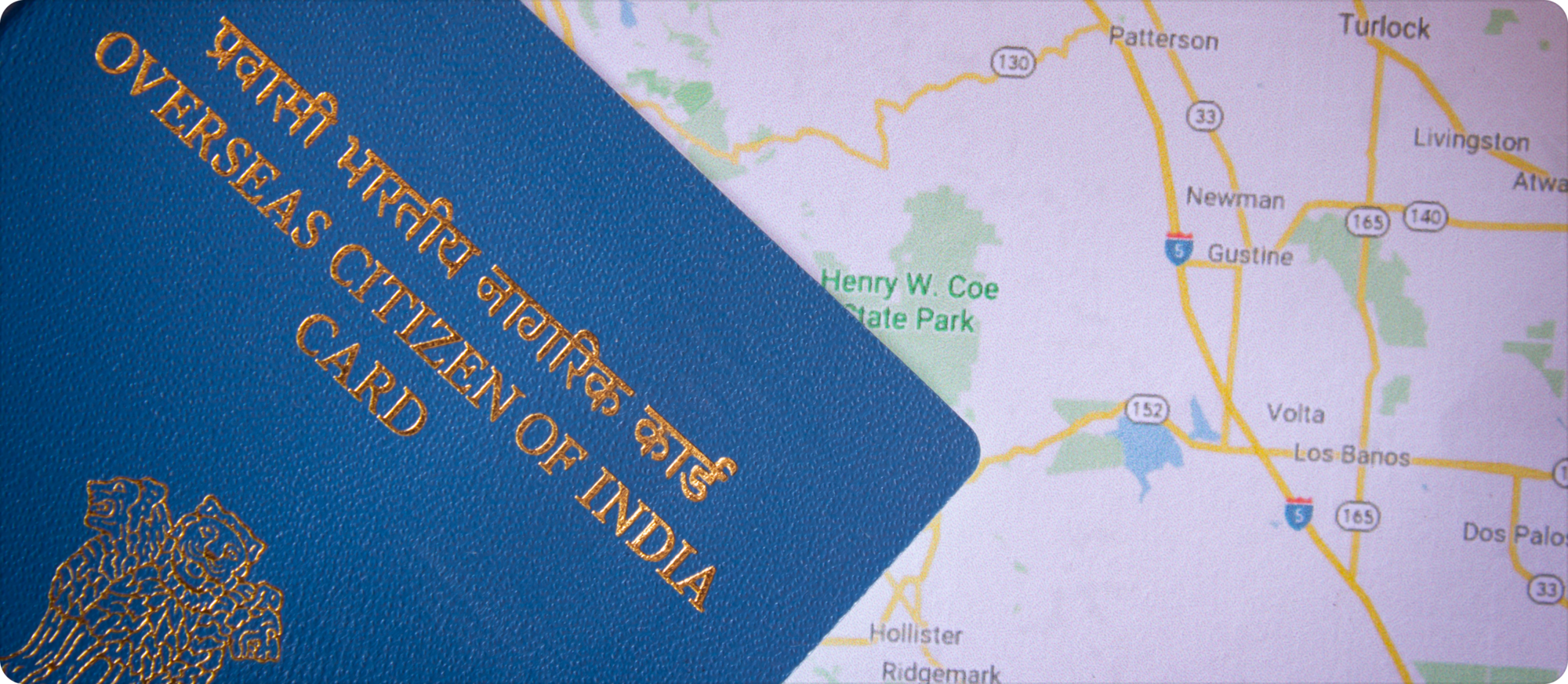Are you an Indian living abroad or looking to settle overseas? If so, you may want to open a Non-Resident External account. Opening an NRE account is a great way to keep your income safe and earn interest at maximum rates in India. Keep reading to understand what an NRE account is and all the details related to it.
What Are Non-Resident External Accounts?
A Non-Resident External account is a savings account meant to hold the incomes of Indian citizens living overseas. This NRI account is maintained in Indian rupees. So, even if you earn in a foreign currency (USD, GBP, EURO, etc.), the money deposited will be converted to Indian currency (INR). On a superficial level, an NRE account may sound like a regular savings account, but the truth is there are several distinguishing features of NRE accounts that make it different.
Features of Non-Resident External Accounts
Here are some of the NRI account benefits that you can expect.
- Up to Rs. 1 lakh - 6%
- More than Rs. 1 lakh and less than Rs. 5 lakhs - 7%
- More than Rs. 5 lakhs and less than Rs. 20 lakhs - 7.25%
- More than Rs. 20 lakhs to Rs. 5 crore- 7.50%
- More than Rs. 5 crore - 7.75
Banks like Unity Small Finance Bank also pay the interest on a monthly basis for maximum NRI account benefits
Interest Rates on NRI Accounts
- Eligibility Criteria
- To open an NRE account, you need to be an Indian citizen living abroad. You can also open this account jointly with another NRI.
- Types of Accounts
- There are two types of NRE accounts: savings and fixed deposit accounts. In a savings account, you can deposit and withdraw money as per your convenience, while in a fixed deposit account, you have to deposit a lump sum for a fixed period.
- Deposits and Withdrawal Rules
- You can deposit money into your NRE account in any currency, which will be converted into Indian rupees. You can also withdraw money from your NRE account in Indian rupees.
- Interest Rates
- The interest rates for NRE accounts are similar to what you get from Domestic deposits. The interest earned on NRE accounts is tax-free in India.
Benefits of Non-Resident External Accounts
So, what makes these NRI accounts so popular? Well, they offer quite a few benefits tailored to the needs of NRIs. Let's take a look at what these benefits are.
- Convenient and Secure
- NRE accounts offer a convenient and secure way to keep your foreign currency earnings. You can access your account conveniently, and your money is protected by the Indian banking regulations.
- Easy Repatriation of Funds
- NRE accounts allow you to repatriate your funds freely to your country of residence. This means that you can transfer your money back to your foreign bank account without any restrictions.
- Tax Benefits
- As per Section 10(4) of the Income Tax Act 1961, the interest earned on NRE FD accounts is tax-free in India. This means that you do not have to pay any tax on the interest earned on your account.
How to Open a Non-Resident External Account
To open an NRE account, you need to provide the following documents:
- Passport
- Photocopy of valid passport as identity proof
- Visa/OCI card
- Proof of address Local and Overseas
- Proof of foreign income i.e. employment or Business details
- Passport-sized photographs
After gathering the required documents, the next step is to fill out the application form. The application form can be obtained from the bank's website or from their branch office. But that's not all. You need to follow a few more steps to make your NRE account operational. So, what's the next step? Once you have filled out the application form, the next step is to submit it along with the required documents to the bank. You can either submit the application form and documents in person at the bank's branch office or can courier the documents to the designated branch of the bank. They should be duly selfattested and attested by Notary Public abroad or Indian Embassy abroad. Once your documents are verified, the bank will grant you access to your new NRE account
Is There a Difference Between an NRE Account and NRO Account?
Both NRE and NRO accounts are for NRIs. Therefore, the commonest query raised by NRIs pertains to the difference between NRE and NRO accounts. To answer this question, it should be stated that NRE accounts are mainly used to hold income earned outside of India that can be easily repatriated back to the account holder's home country. On the other hand, NRO accounts are mostly used to hold income earned in India that cannot be repatriated easily
Conclusion
NRE accounts are an excellent option for NRIs looking to keep their foreign currency earnings safe and secure while earning a high rate of interest. However, make sure to understand the limitations and risks associated with NRE accounts before opening one. Regardless, these accounts offer numerous benefits like easy repatriation of funds, tax benefits, and convenience, which can make your life easier if you are an NRI or PIO.
Also Read: NRI Accounts- Guide
FAQs
1. What is an NRE account?
A Non-Resident External account is a type of bank account that allows NRIs to deposit foreign earnings in India.
2. Who can open an NRE account?
Only NRIs and PIOs/OCIs can open an NRE account. It is not available to resident Indians.
3. What are the benefits of an NRE account?
The benefits of an NRE account include tax-free interest, repatriation of funds, and easy access to funds in India.



